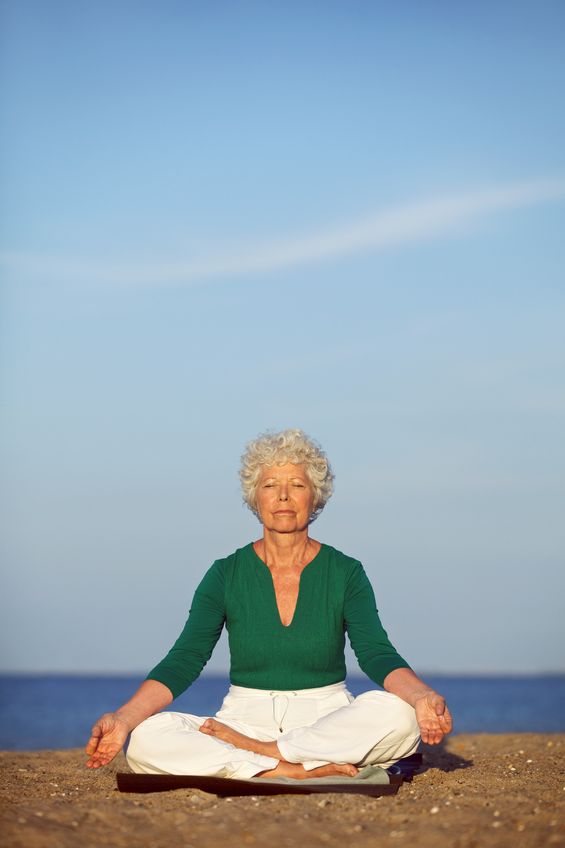
Nutrition after breast cancer – Marie-Catherine Laduré
What to do after a breast cancer diagnosis?
When Marie-Catherine Laduré was diagnosed with malignant breast cancer in April 2018, she underwent surgery immediately that same week. After the operation, however, she felt the need to do something extra for her health. She taught yoga and regularly went for long walks. And because of her diabetes, she had been used to keeping a close eye on her diet for over 25 years. But she wanted to do more for herself, but what?
Master of discipline
A friend of hers had heard about the cytolab and Marie-Catherine had a blood sample taken at the next opportunity. The results were no great surprise. She had expected that she would react to dairy products, cheese and meat. What surprised them were reactions to honey, eggs and mushrooms as well as cabbage and kale and especially mushrooms! That was a disappointment, because Marie-Catherine knows a lot about mushrooms, she likes to roam the woods and pick them. Nevertheless, she did not see the change in diet as a major challenge: “I had kidney stones at the age of 18 and I am diabetic. So I’m used to sticking to a strict diet. And I knew I had nothing to lose.”
First improvements: Better sleep, more energy and less hunger
At the end of May 2018, Marie-Catherine changed her diet following the Cytolisa test, but continued to monitor her diabetes and kidneys. After 2-3 weeks, her sleep began to improve. “I used to have very intense dreams and would wake up several times during the night. Now I sleep like a baby, my sleep has generally become much more comfortable and I rarely have strange dreams – except when I eat pasta with cream sauce, which immediately disturbs my sleep.” Marie-Catherine has also noticed that she is less hungry and her desire for sweets has decreased.
Your doctor suggests reducing the medication
Her husband wanted to support his wife as much as possible and had therefore also taken the Cytolisa test, with fairly similar results to Marie-Catherine’s. Over a month after changing their diet, they both noticed that slight mood swings, which used to occur regularly, had now disappeared. However, when they were unable to maintain their new diet at invitations to family and friends, for example, they noticed that the mood swings returned in the days that followed. 6 weeks after Marie-Catherine changed her diet, it was time for her regular blood test with her doctor again. “To my surprise, he suggested reducing the dosage of my medication – I was taking a serotonin regulator, but my diabetes medication could also be reduced.”
Cancer-free, no more medication for diabetes
At the end of 2018, her doctors informed her that she was cancer-free. Of course, regular follow-up examinations would continue to be carried out every year, but there was no longer any cancer to be found: “To my great joy, I was also able to completely stop taking my diabetes medication and even my serotonin regulator in December. Even though I had ‘only’ changed my diet. Another pleasant side effect was that I lost 2.5 kilos – I wasn’t overweight before, but two kilos less looked good on me. In the meantime, it has stabilized at 2.5 kilos less and I am very happy with that.”
“A change in diet is a major life change”
Marie-Catherine is keen to emphasize that nutritional advice is a hugely important part of the Cytolisa program. “Every major change in diet also means a major change in lifestyle. And during the dietary change, the body begins to change and function differently. I therefore found it absolutely essential not to be left alone with the test results. I found the regular telephone consultations very helpful, although occasionally I would have liked a more structured approach. Overall, I am very happy with my results and grateful for the great support from Cytolabor. By the way: My husband has also achieved great results: He has lost 12 kilos and is bursting with energy.”
Also read our experience report on exhaustion, abdominal pain and diarrhea



